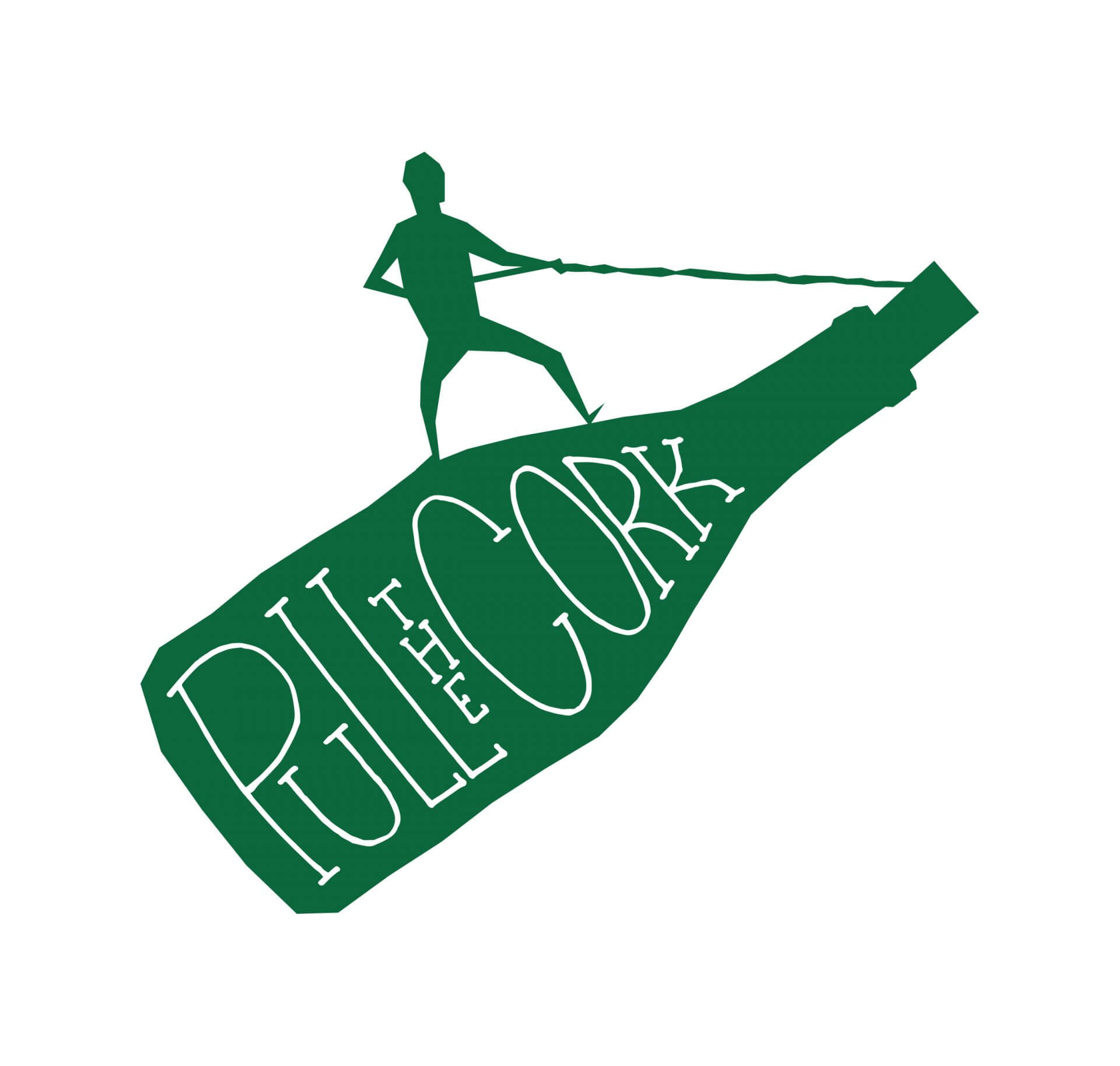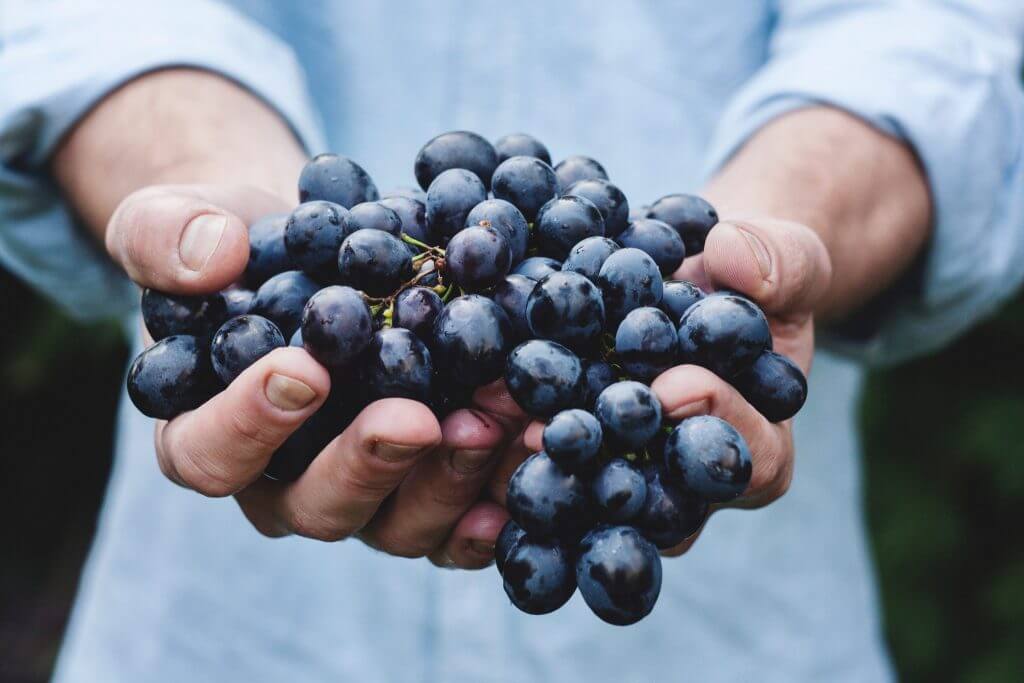Natural Wine, Orange Wine, Vegan Wines
Sustainable Wines Are On The March: Less Is More
Sustainable wines ARE on the march!
The increasingly conscientious consumer (try saying that a couple of times after a few hours of wine tasting without using a spittoon), wants to know how their products are produced if they were made using sustainable methods and in a natural or organic way. This increasingly goes for food and drink first and foremost. But also for all other products that we consume, like clothing, furniture, transport etc.
Last week it was announced that mainstream bar chain, All Bar One as per immediately, will focus on organic wines for all their outlets.This is remarkable since one does not expect the All Bar One clientele would venture much beyond wine labels such as Chardonnay, Pinot Grigio, Cab-Sauv and Merlot. Large, please. Clearly, the management of All Bar One (or All Barone, as my wife tends to calls it) must have spotted a significant trend in society and is jumping forward to beat the crowd.
More and more consumers demand fair trade and a minimal effect on our environment and planet as a whole.
And consumer perceptions continue to change. See for example what is happing recently to Diesel cars. Once the cheap workhorse engine that kept economies going, now regarded as polluters of our living space and on the brink to be banned.
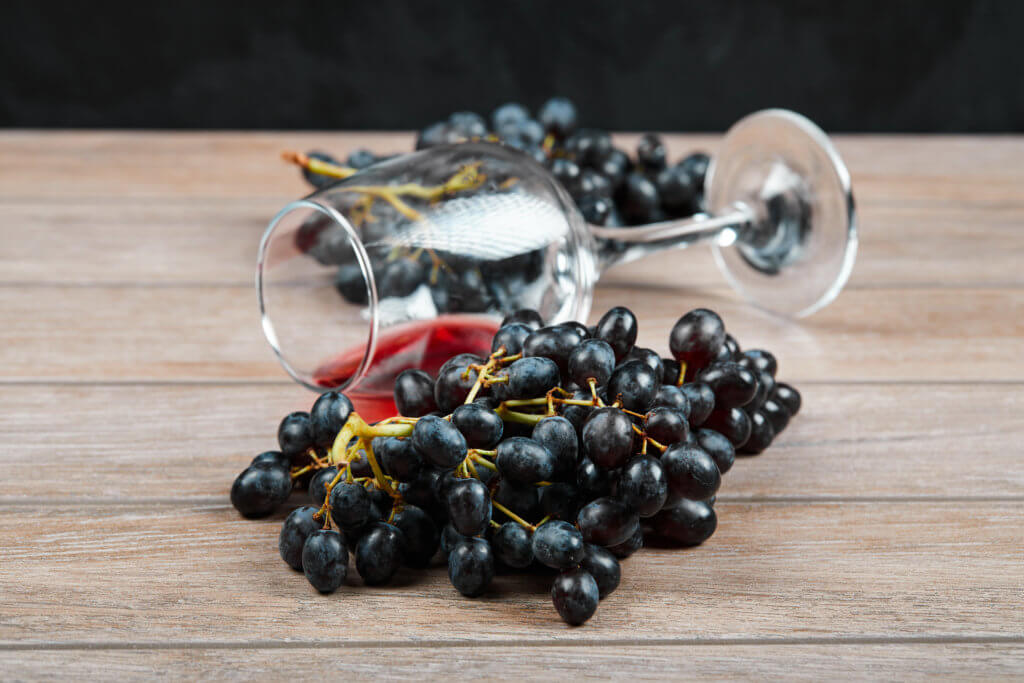
We feel a similar shift in the consumer’s mindset for wine is about to happen. For some time we have heard TV chefs proclaim they only use organic, natural and in-season produce in their kitchen. This then will also apply to the wines. Sustainably Made over historically Big Name Chateaux in restaurants first and at the home next.
Is all wine natural?
Wine has been around for thousands of years and generally made in a natural way; pick grapes, press juice, ferment the grape juice et voila Vino!
However, natural wine did not last very long and would go off quite quickly by oxidation. Some clever clogs (in fact; clever Dutch merchants) added Sulphur to Bordeaux wine they were trading, to make it last longer and so it could be shipped around the world and sold for a profit.
Find out how long does red wine last once opened.
This was the beginning of the meddling with wine (and the reason why many of us are searching for sulphite free wine or low sulphur wine and low histamine wine, well, even low sugar wine).
As production has grown over the centuries, non-sustainable methods have been added to the winemaking process, such as herbicides and pesticides to control nasty bugs and competing weeds. Machine harvesting that can pick much faster and efficiently than any pair of hands ever could. And the then-then blending of wine additives, which cannot be mentioned. Anything to maximise the volume of very consistent mass-market wine and, not in the least, a lucrative return of investment. Some, if not all, very famous brand names have come to benefit from such methods. This was the beginning of our quest for organic, low intervention and natural wine.
Learn more about sugar in wine and why you should prefer natural ones.
New generation of winemakers and production of sustainable wines
At the recent London Wine Fair, a clear divide could be detected between the old corporate wine world with their chinos, blazers and tweeds. And the newly sustainable wine hipsters in their T’shirts and beards. Roughly generalising; the former chasing money by selling lots of wine. The latter making a living by offering a plethora of many independent and small minimal intervention production wine labels, yet presenting remarkably high quality. With or without quirky names.
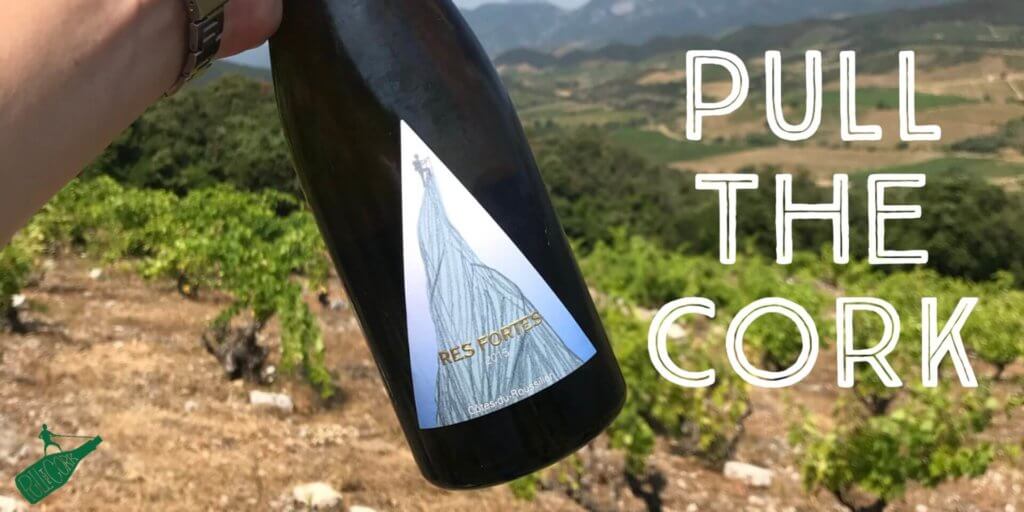
At Pull The Cork, every week we upload new wines to our site. Every wine gets a description of about 300 words (or we try to at least) that is a story on the winemaker and his wine. And more than often, we write that this young generation of winemakers has come in and taken over from the previous generation and is applying winemaking ideas that are different. Just take a look at Gut Oggau wines and their story or Frank Cornelissen and his wine.
Minimal intervention, more natural, higher ambitions for the wine and the planet. Organic and natural wines. Vegan wines. Low intervention wines. Red, white, orange wine. Sparkling wines and famous pet nat wine. New varietals and sustainable methods, suitable for smaller productions. Less but, higher quality.
Free tip to go – find out how to open wine without a corkscrew!
The generation less is more, you could say.
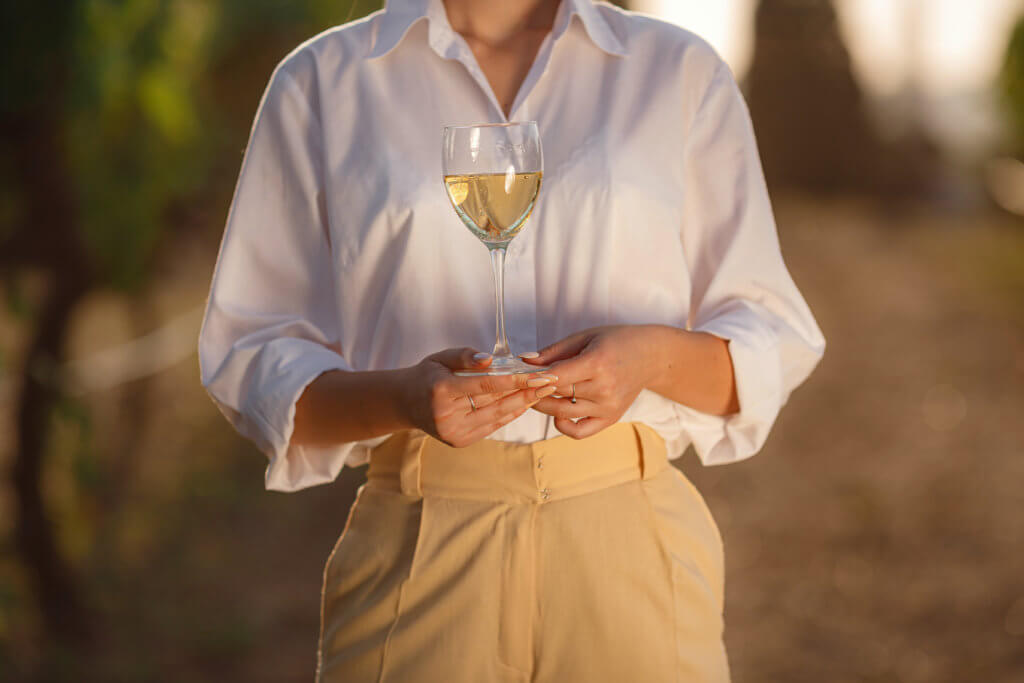
Pull The Cork is a platform to bring all these wonderful small production wines together. To give this new conscientious wine consumer access to a wide plethora of sustainable and biodynamic wines. And make it easy to find a wine that matches their taste or that suits the occasion.
As this trend is growing, we expect a big increase in wines on offer as well as in demand. And we aim to be right in the middle of it all with our wine subscription offer. We applaud, therefore, All Bar One to take the lead in the mainstream On Trade, to pull the masses into this undeniable trend.
It is yet another sign that sustainable wines are on the march.
Looking for more insights into the world of wines? Make sure to follow our blog and you will find topics that vary from answering how many calories in a bottle of wine to presenting the ultimate duel wine vs beer.
